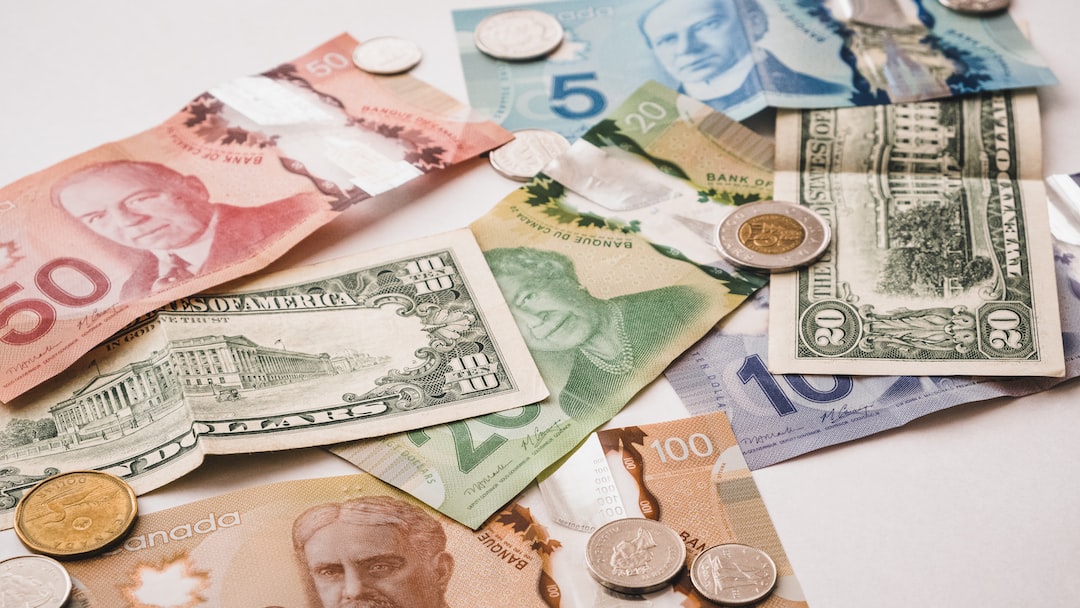Forex trading is a lucrative business that is becoming increasingly popular in the financial world. As the currency market continues to grow, the demand for forex dealers is also on the rise. If you are interested in becoming a forex dealer, there are several steps you need to take to achieve this goal. In this article, we will discuss the steps you need to follow to become a forex dealer.
Step 1: Understand the Forex Market
The first step in becoming a forex dealer is to have a thorough understanding of the forex market. The forex market is the largest financial market in the world, with an average daily turnover of over $5 trillion. It is a decentralized market where currencies are traded 24/7 across different time zones. As a forex dealer, you will be responsible for buying and selling currencies on behalf of your clients.
To understand the forex market, you need to learn about the different types of currencies, the factors that affect their values, and the different trading strategies used in the market. You can learn about the forex market by reading books, attending seminars, and taking courses on forex trading.
Step 2: Gain Experience and Education
After gaining an understanding of the forex market, the next step is to gain experience and education. This can be achieved by working as an apprentice under an experienced forex dealer, attending forex trading seminars, and taking formal courses on forex trading.
You can also gain experience by opening a demo trading account with a forex broker. A demo account allows you to practice trading in a simulated environment without risking real money. This will help you to understand the mechanics of the forex market and develop your trading skills.
Step 3: Obtain a License
To become a forex dealer, you need to obtain a license from the regulatory body in your country. The regulatory body is responsible for overseeing the activities of forex dealers and ensuring that they comply with the rules and regulations of the industry.
To obtain a license, you need to meet the requirements set by the regulatory body. This includes passing an exam, having a clean criminal record, and having a minimum amount of capital to operate as a forex dealer.
Step 4: Choose a Forex Broker
Once you have obtained a license, the next step is to choose a forex broker to work with. A forex broker is a company that provides trading platforms and other services to forex traders. You need to choose a reputable and reliable forex broker that offers competitive spreads, low commissions, and a wide range of trading instruments.
You also need to consider the trading platform offered by the forex broker. The trading platform should be user-friendly, reliable, and offer a range of tools and indicators to help you make informed trading decisions.
Step 5: Develop a Trading Strategy
To become a successful forex dealer, you need to develop a trading strategy that works for you. A trading strategy is a set of rules that you follow when trading currencies. It should be based on your trading style, risk tolerance, and financial goals.
You can develop a trading strategy by analyzing the market, testing different trading strategies, and keeping a trading journal to track your performance. Your trading strategy should be flexible and adaptable to changing market conditions.
Step 6: Build a Network
Building a network of clients and contacts is crucial to the success of a forex dealer. You need to build relationships with potential clients, other forex dealers, and industry experts. You can do this by attending forex trading events, joining forex trading forums, and using social media to connect with other traders.
Conclusion
Becoming a forex dealer requires a lot of hard work, dedication, and education. However, with the right skills, knowledge, and experience, you can become a successful forex dealer and earn a good income from trading currencies. By following these steps, you can start your journey to becoming a forex dealer and achieve your financial goals.


